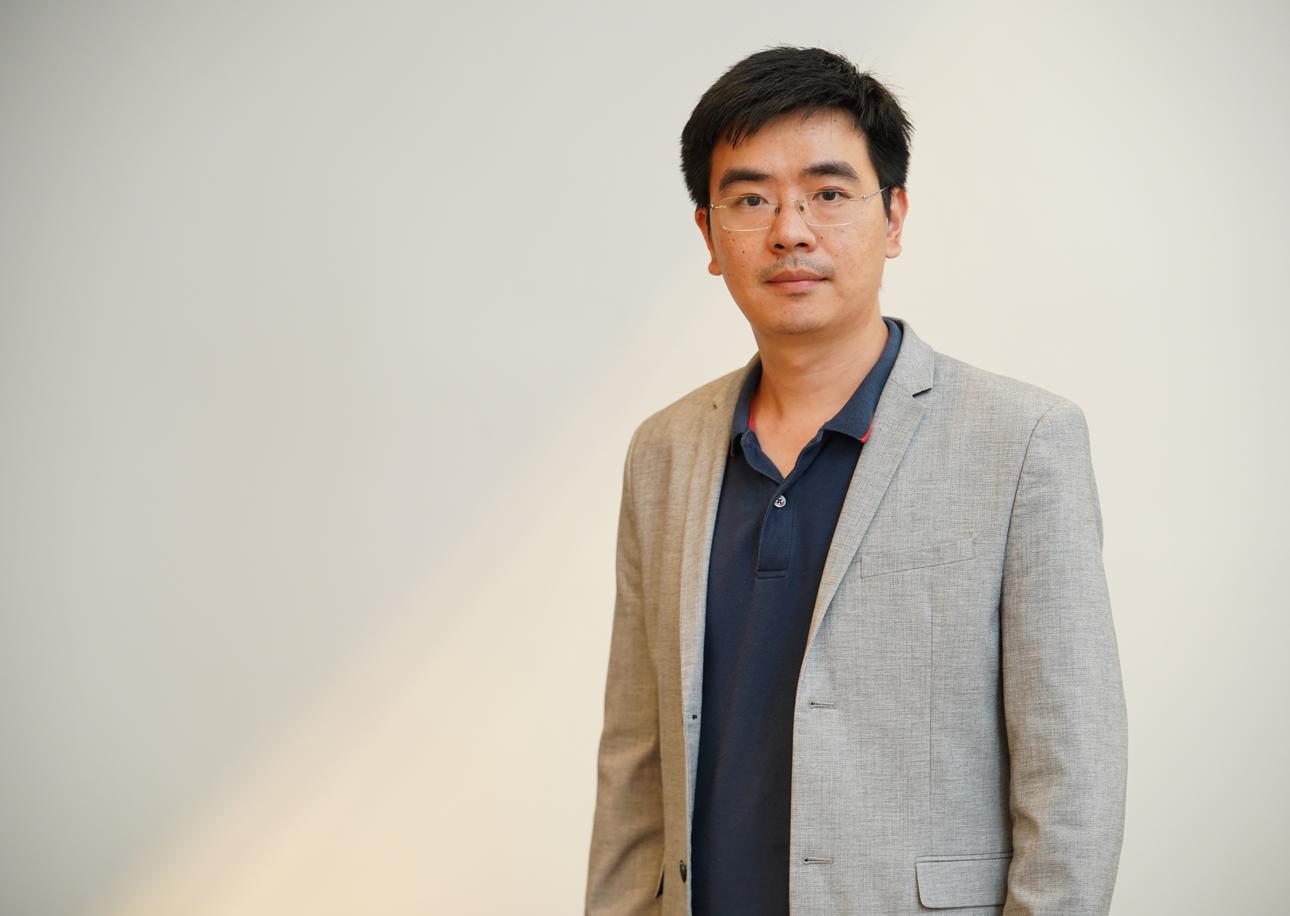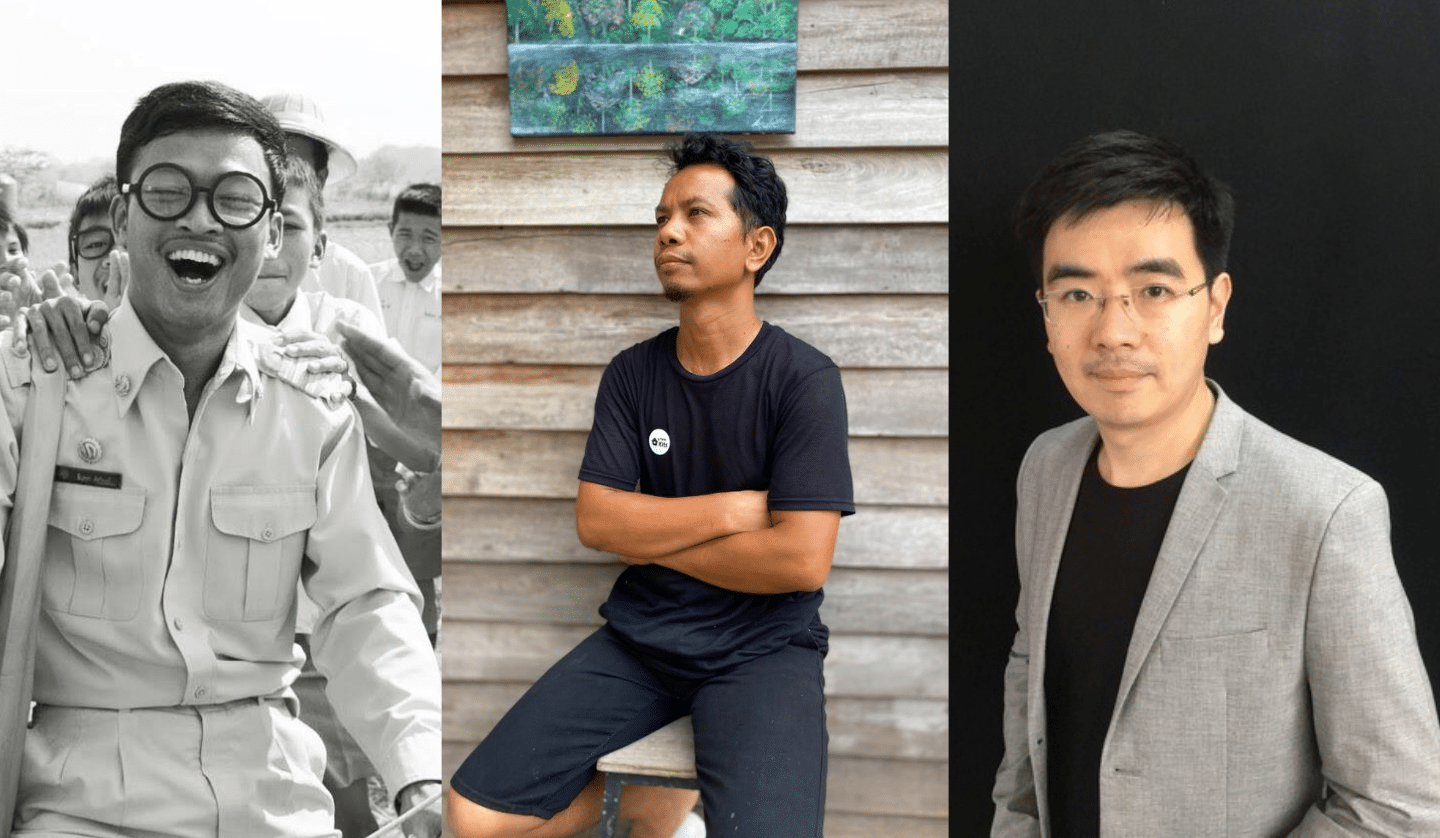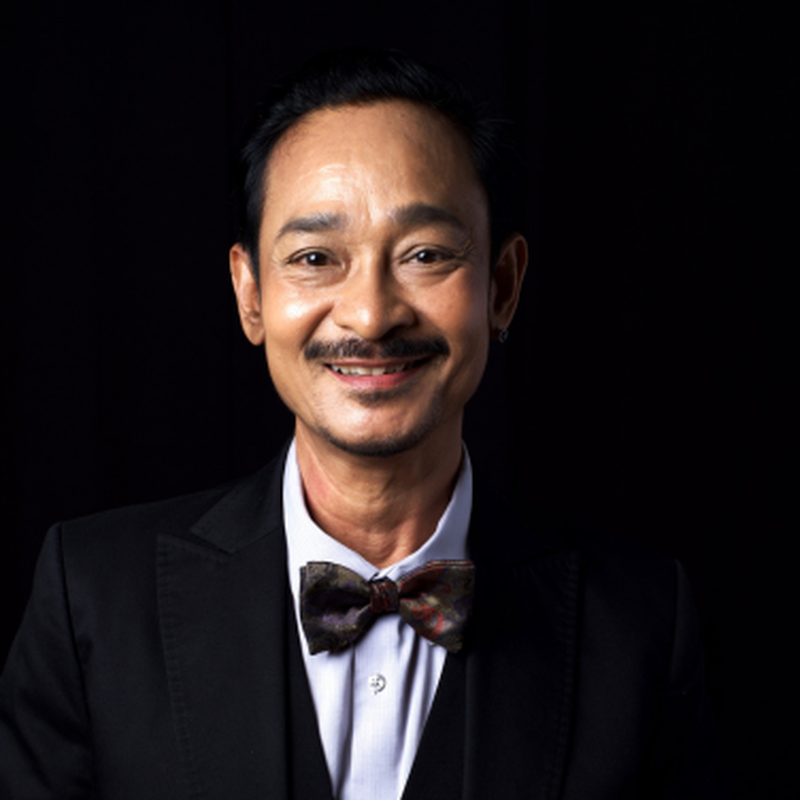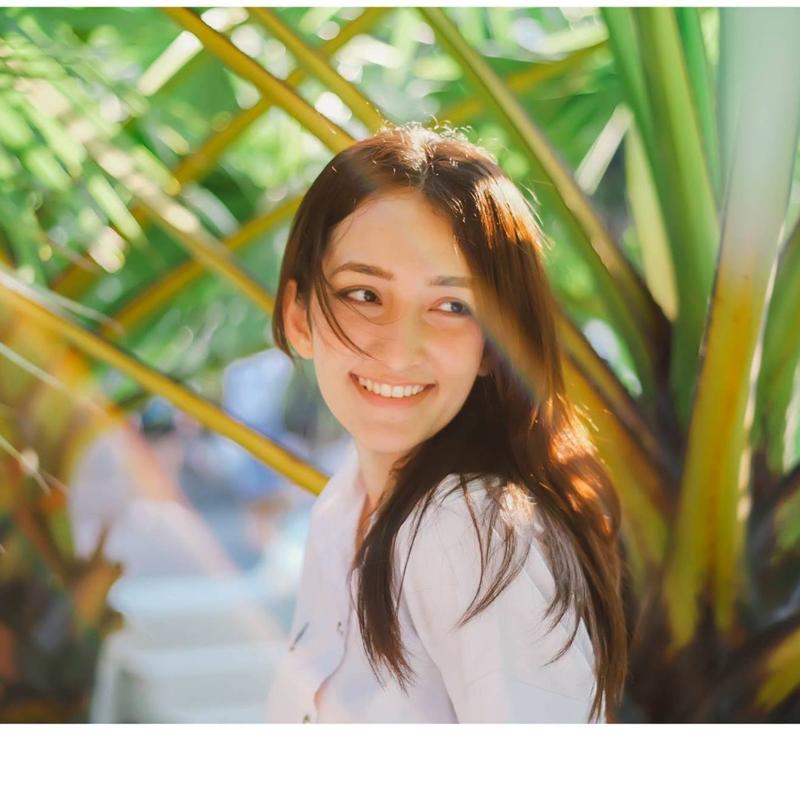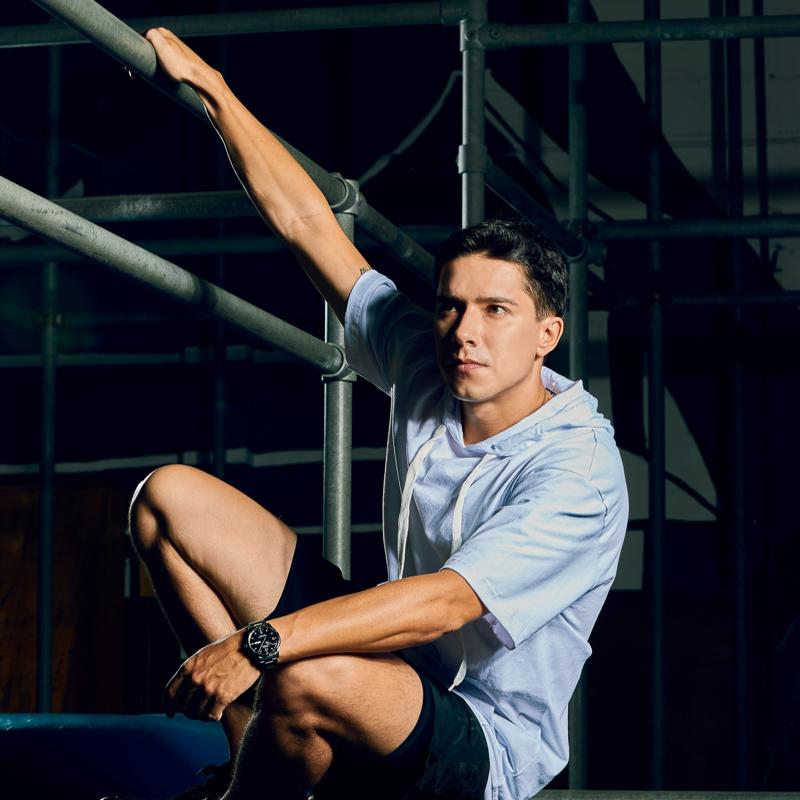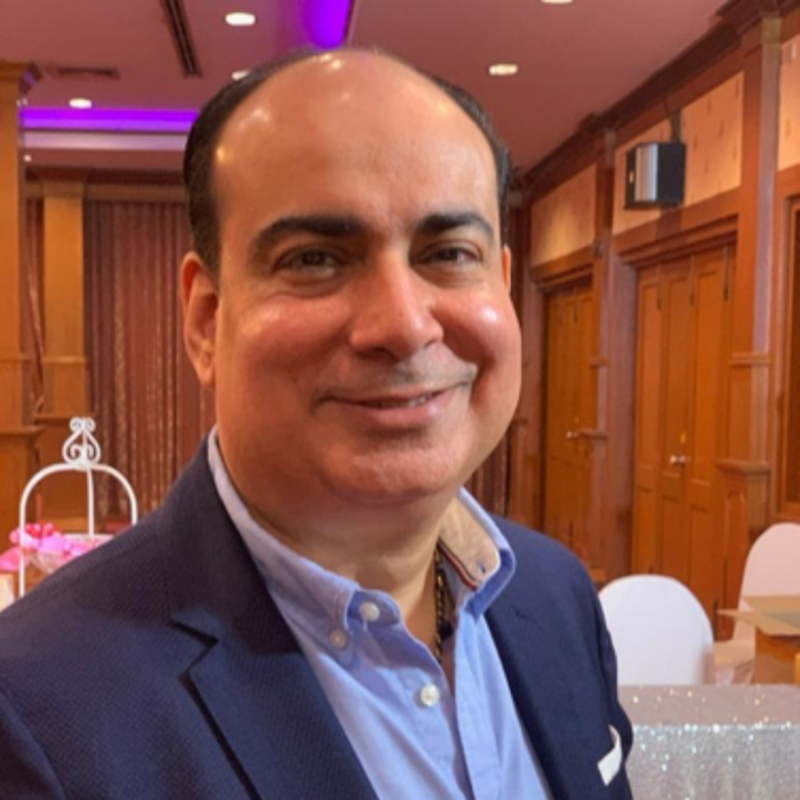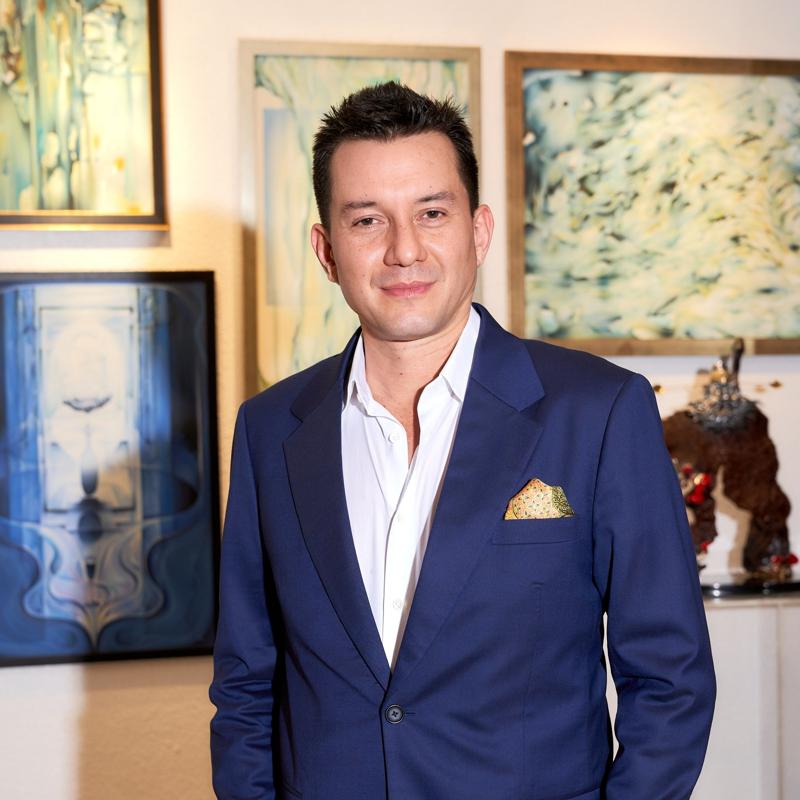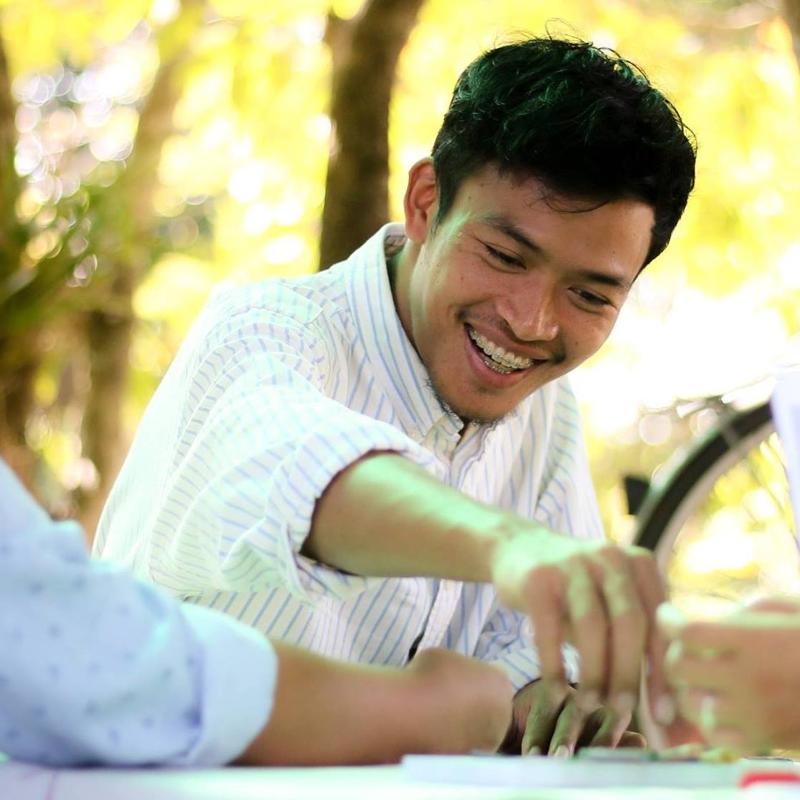In different corners of Thailand three individuals – Sanya Makarin, Kulachat Kena and Prem Pruktayanon – are crafting a new story of local empowerment and sustainable change.
Three individuals share one powerful vision: to grow a better future for their community, whether small or large. In this Friday Future Lister edition, we highlight these individuals. Each comes from a different background and brings a distinct skill set, yet they are united by a powerful belief: real transformation starts at home. Together they show how education, innovation and community spirit can rebuild local economies and protect the environment.
Sanya Makarin: Teaching from the Heart of Home
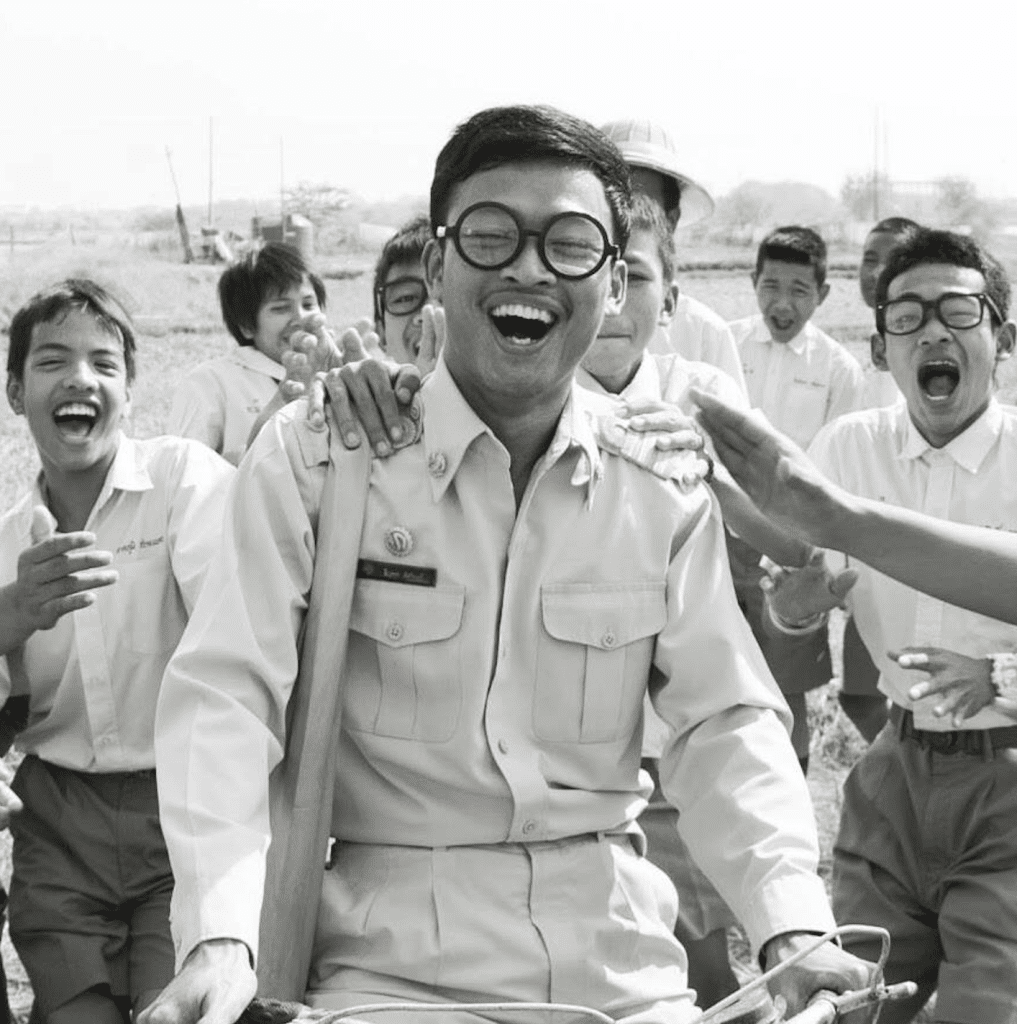
Deep in Khon Kaen’s most remote district of Si Chomphu, Sanya Makarin, known as Kru Soryor, was raised without modern conveniences. He later found himself in the city for high school, where a teacher’s storytelling opened his mind to a new way of learning. That moment planted the seed for his dream: to become a teacher who inspires others.
After 15 years in the formal education system as a teacher, Sanya saw its limitations — that policies often overlooked the real needs of communities. So he returned home and co-founded Thai Ban University, a grassroots learning space rooted in freedom, community and nature. It’s a university without walls, where students learn life skills through experience: from foraging and farming to storytelling and spiritual reflection.
At its heart, Thai Ban University is about reclaiming the joy of learning. Four key modules: Thai Mung (connection), Thai Talk (knowledge exchange), Thai Tum (hands-on learning) and Thai Trip (community immersion) are at the heart of the curriculum.
Beyond teaching, Sanya started Tiew Withee Si Chomphu (loosely translated as “travel like a Si Chomphulocal”), a youth-led initiative that invites travellers into the beauty of everyday life in Si Chomphu district. His photos and stories reconnect locals to their own land, sparking pride and wonder.
As founder and director of Thai Ban University, Sanya offers a different way of looking at education – one that is joyful, rooted in everyday life and connected to the community. By turning his village into a space for learning, he continues to create opportunities for growth, reflection and connection.
Kulachat Kena: Designing a Sustainable Future for His Community
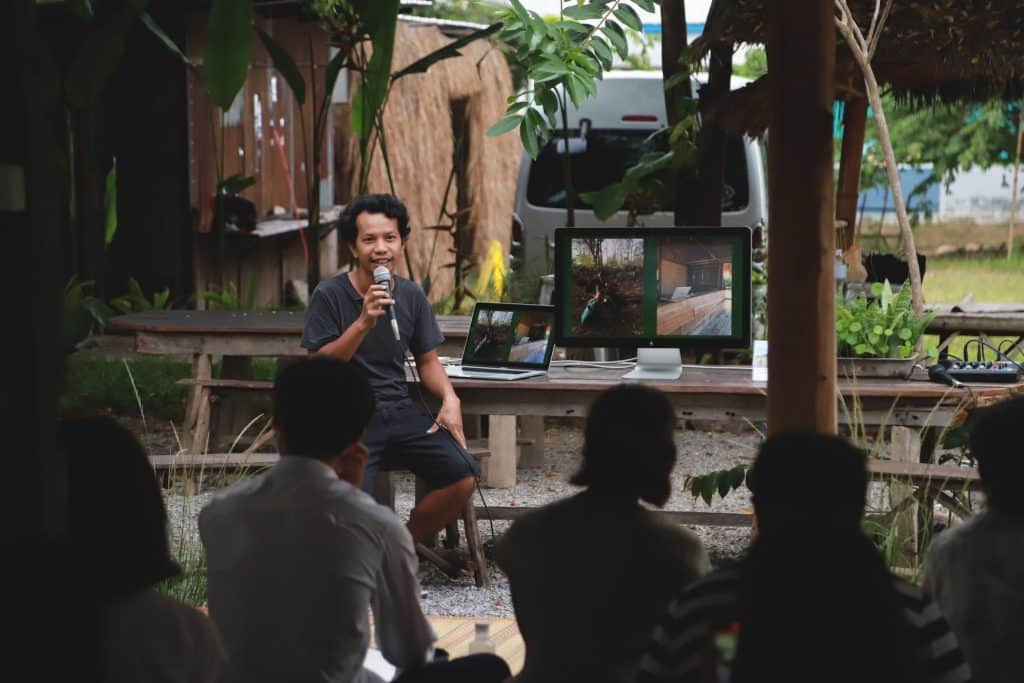
Working alongside Sanya Makarin to bring Thai Ban University to life, Kulachat Kena shares the same belief that real change starts at home. While Sanya inspires through education, Kulachat brings his creativity and tech-savvy spirit to help communities see the beauty and value in their own backyard.
He started Farmkits, a cosy café tucked among the mountains of Phuphaman district in Khon Kaen to create a welcoming space where people can gather, learn, and grow together. Whether it’s teaching organic farming or basic digital skills, Farmkits has become a creative hub for local youth.
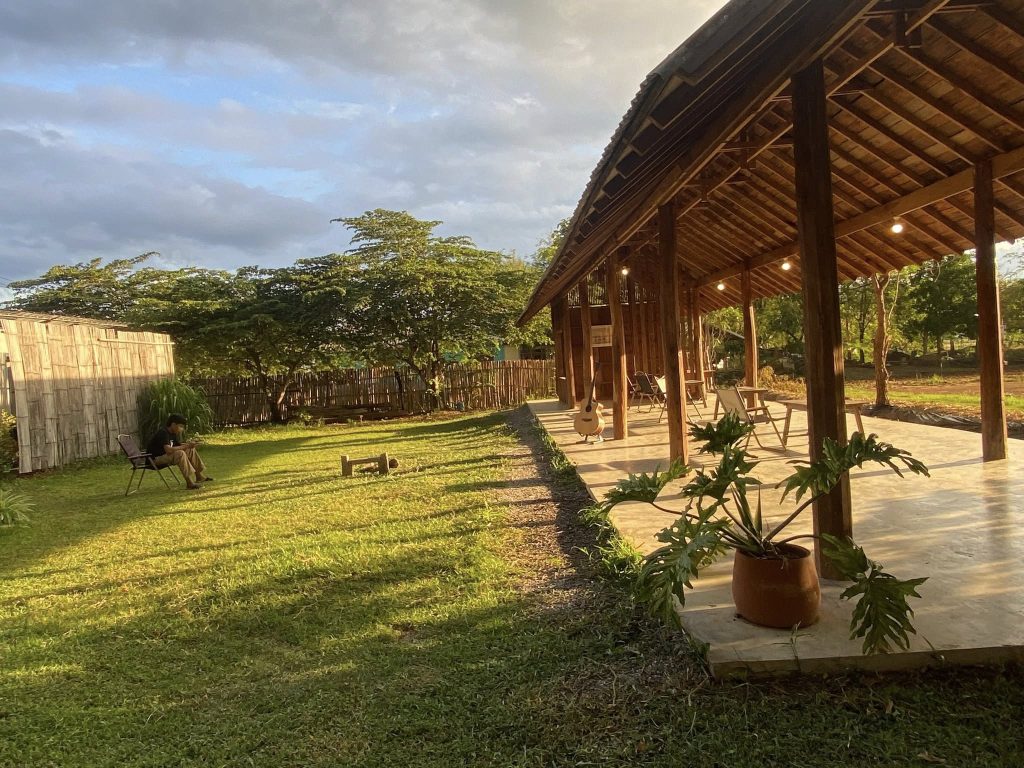
Wanting to make his hometown more accessible to visitors, Kulachat used his background in design to launch phuphaman.com, a travel platform that maps out everything the area has to offer from scenic spots and local eats to homestays and upcoming events. QR codes placed across the community make it easier for travellers to explore, helping small businesses gain visibility.
He also founded Tech Thaiban, an open-source platform that empowers locals with digital tools to tell their stories and build community-based projects.
Kulachat’s approach is practical, collaborative and grounded in the everyday life of his community. For him, sustainability is about people, ideas and systems that can grow together over time. Through his work, Phuphaman is no longer just a quiet rural district; it’s a living classroom, a destination and a place of possibility.
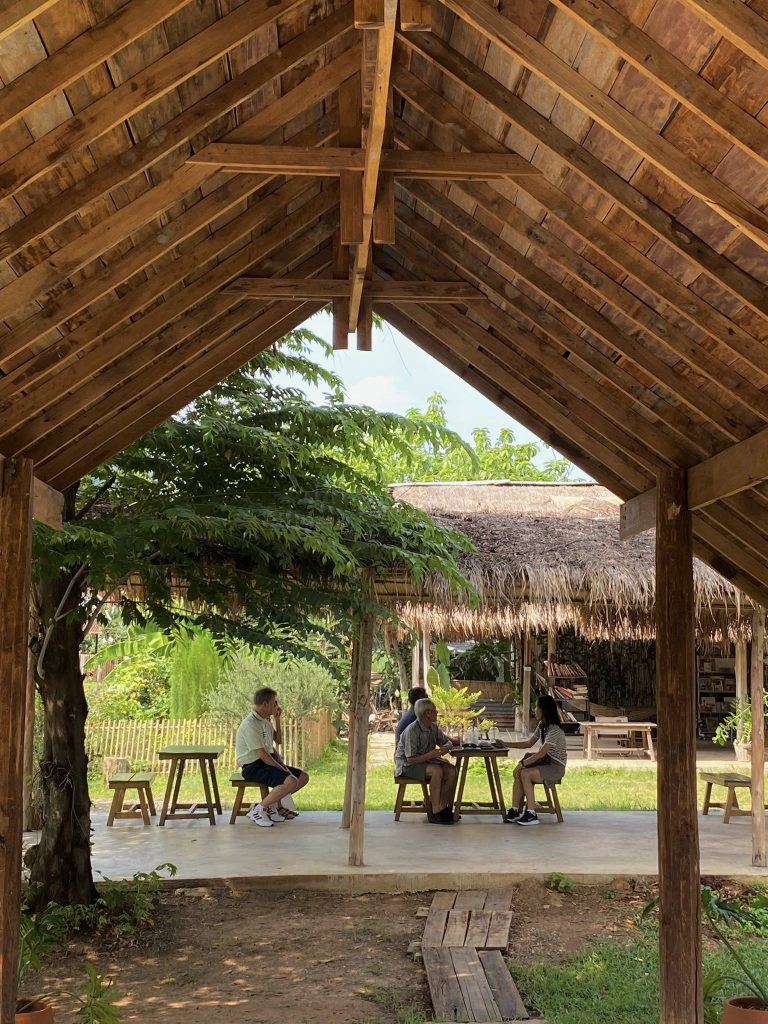
Prem Pruktayanon: Champion of Circular Change
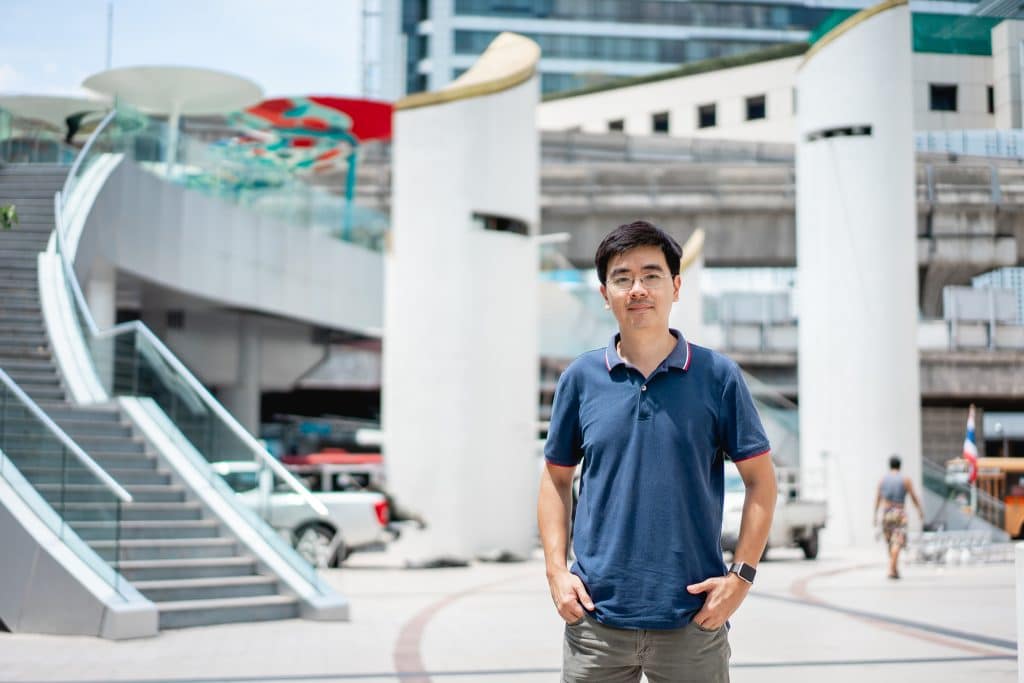
Prem Pruktayanon’s journey into environmental innovation began in his family’s junk shop, where he developed a fascination for recycling long before others took notice. This early exposure, combined with his passion for technology, inspired him to create Green2get, a digital platform that brings together producers, consumers and recyclers within the circular economy.
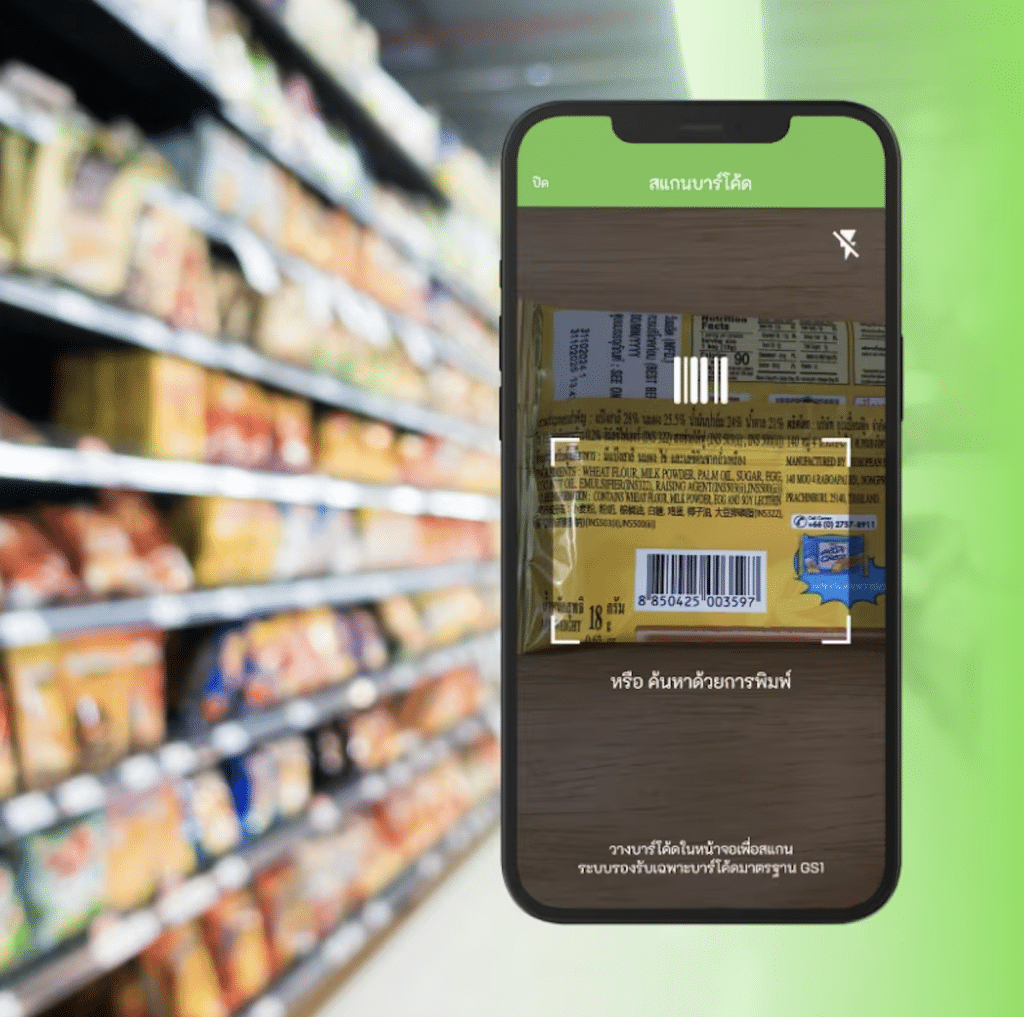
Users simply scan a product’s QR code to discover how to sort it correctly, find local recycling partners, and even earn rewards for proper disposal. Prem understood that most people don’t separate waste because they don’t know how, where to take it, or what benefits they’ll get. Green2get solves all three problems with intuitive guidance and encouragement.
After launching the Green2get app, he created a nationwide network of recyclers, from junk shops to non-profits. But seeing the challenges recyclers still faced, he developed Hero Recycle with support from The Incubation Network. The app connects buyers and sellers, offers business tools, and helps address material shortages in recycling, aligning with national efforts to build a central recycling marketplace.
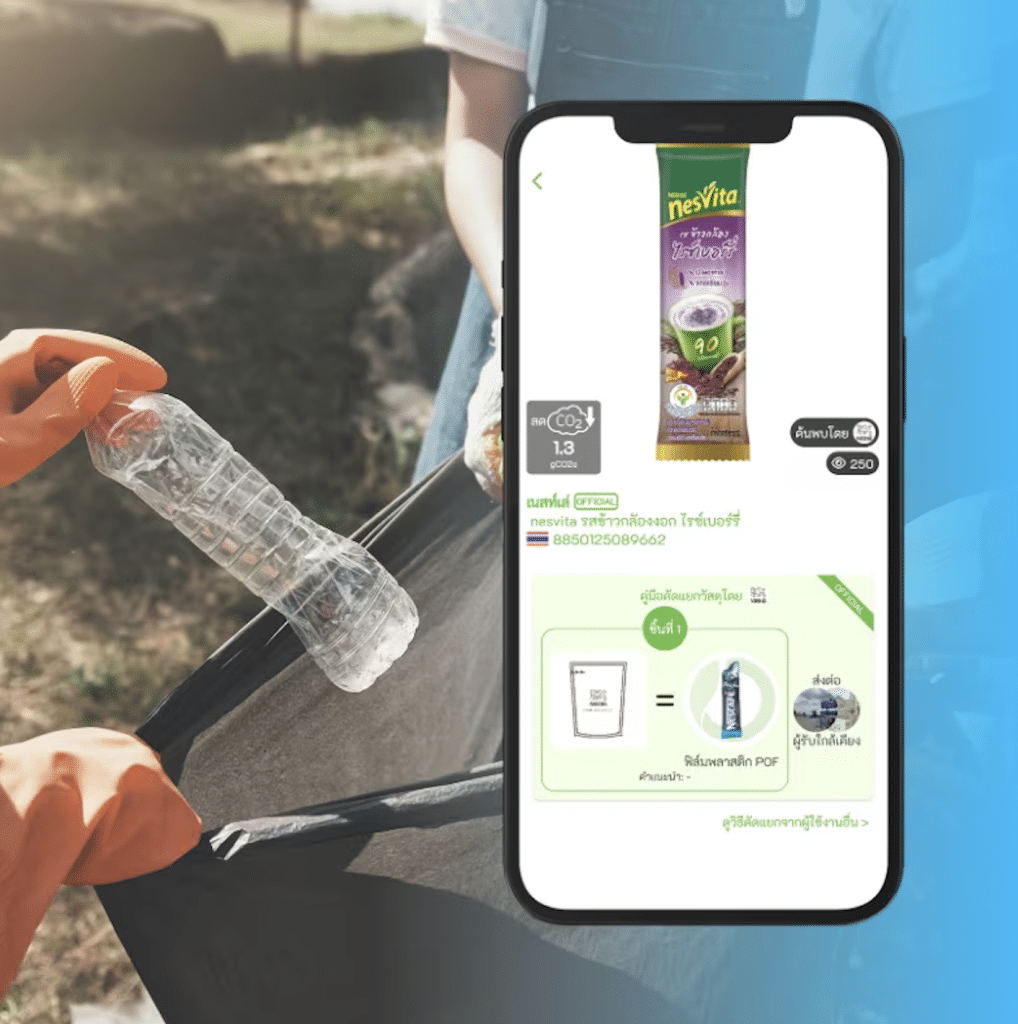
Driven to spread practical waste knowledge, Prem also launched his Facebook page, Uncle Tricycle and the Lost Garbage. He uses clear, everyday language and engaging stories to help people implement better habits.
Today, Prem leads a platform that delivers both knowledge and practical tools for waste management. His work with Green2get and Uncle Tricycle and the Lost Garbage has sparked action far beyond Bangkok, reaching communities across Thailand. Prem is helping people rethink waste and take part in a growing circular movement that’s making a real difference nationwide.
